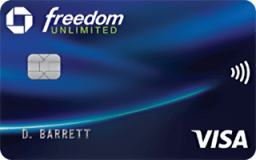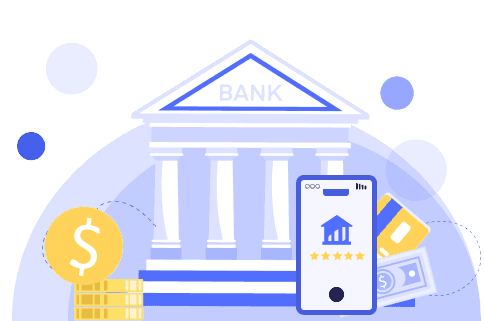A business bank account is a checking or savings account designed for managing a business entity's finances. Its primary purpose is to keep personal and professional spending separate, ensuring that all business expenses, income and purchases are recorded separately from personal spending.
Having a business account not only helps you stay legally compliant but also provides liability protection by establishing your business as a distinct entity. Notable features and benefits of a business account include access to business-specific banking services, higher transaction limits and the ability to build business credit.
A business bank account also enables you to establish a relationship with your bank, facilitating access to various banking products and services as your business grows, including retirement planning, merchant services and small business loans.











